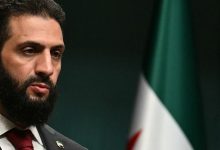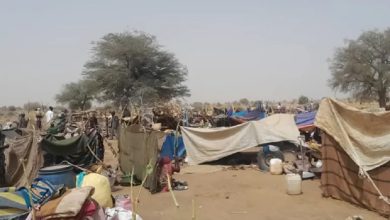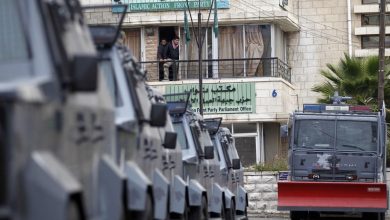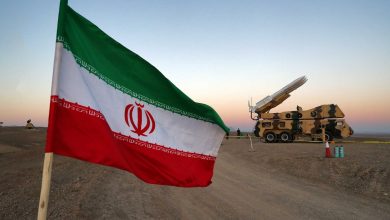Saudi Arabia Pays Syria’s World Bank Arrears in Landmark Shift Toward Post-Assad Era
Riyadh’s $15M debt payment signals strategic thaw with Syria’s new leadership under President Ahmad Al-Sharaa
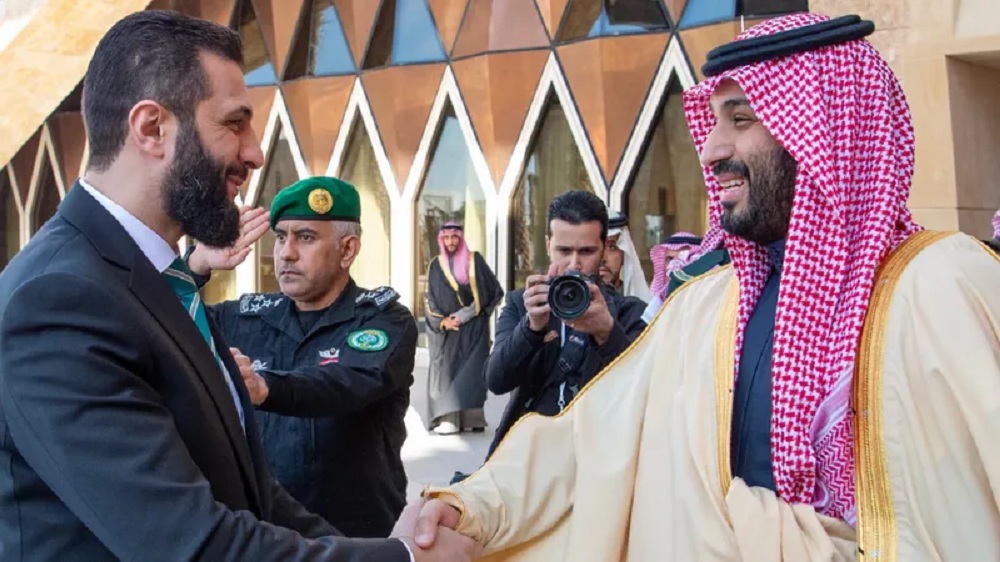
Watan-In a surprising and unprecedented move since the fall of Bashar al-Assad’s regime, diplomatic sources revealed that Saudi Arabia has taken official steps to pay off Syria’s overdue debts to the World Bank—seen as a clear signal of Riyadh’s shifting stance toward the new Syrian regime led by President Ahmad Al-Sharaa.
According to a report by Reuters, Saudi Arabia has begun procedures to finance part of Syria’s arrears—amounting to approximately $15 million—owed to the World Bank. This step is considered essential to enable international institutions to disburse grants and aid aimed at supporting the public sector and reconstruction efforts in the country.
This marks the first publicly announced instance of Saudi Arabia financing Syria since the ouster of Bashar al-Assad. Observers have described it as a “strong message” reflecting the Kingdom’s willingness to turn a new page with the new Syrian leadership, which initially raised concerns in the Gulf due to the president’s jihadist background.
🔴#السعودية تُراهن على دمشق الجديدة؟.. في خطوة مفاجئة، الرياض تتحرك لسداد ديون #سوريا لصالح البنك الدولي، ما يفتح الباب لتدفق منح بملايين الدولارات لإعادة الإعمار.
تحرك سعودي هو الأول من نوعه منذ سقوط بشار، ويأتي رغم الحذر من ماضي #الشرع وخلفيته التي تقلق ابن سلمان.. فهل نحن… pic.twitter.com/J1vfs76hhC
— وطن. يغرد خارج السرب (@watanserb_news) April 15, 2025
This initiative is expected to pave the way for increased financial and political cooperation between Damascus and Riyadh, especially after the failure of previous Gulf-led initiatives—such as Qatari funding earmarked for Syrian public sector salaries, which was frozen due to legal uncertainties related to U.S. sanctions.
The report indicates that Saudi Arabia is taking measured but deliberate steps toward supporting stability in Syria, particularly in light of waning Western interest in the Syrian file and the severe financial crisis facing Damascus, which is grappling with an acute shortage of foreign currency.
Gulf sources note that Saudi support is still in its “technical and financial” phase, but it signals a major political shift in Riyadh’s perception of the Ahmad Al-Sharaa government, which is now viewed as a “consensus leader” capable of reintegrating Syria into the Arab fold under new terms.
Analysts believe this Saudi move could mark the beginning of a broader strategy to re-engage Gulf influence in Syria, moving away from isolation and boycotts—and possibly laying the groundwork for a shared regional political role in Syria’s future.


